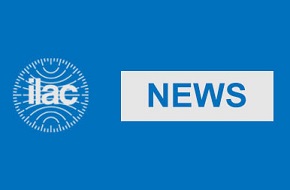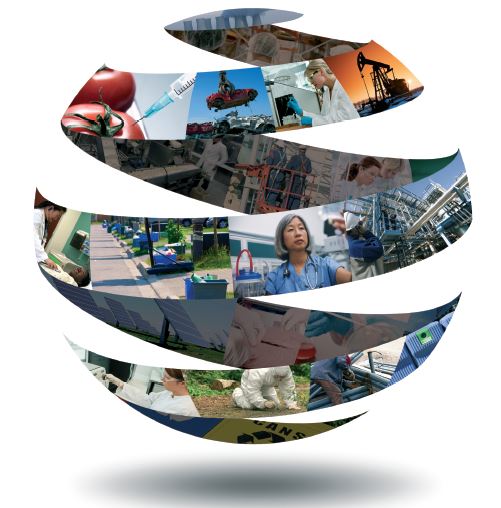
The following brochures have been revised by the ILAC Marketing and Communications Committee (MCC) and the latest versions are now available:-
Why Use An Accredited Laboratory?
How Does Using an Accredited Laboratory Benefit Government & Regulators?
The Advantages of Being Accredited
The ILAC Mutual Recognition Arrangement
As part of this review process, the following brochure has been withdrawn:-
Why Become An Accredited Laboratory?

Southern African Development Community Accreditation Service (SADCAS), is now a Full Member of ILAC.
SADCAS has become a signatory to the ILAC MRA for testing (ISO/IEC 17025) and calibration (ISO/IEC 17025). SADCAS originally joined ILAC as an Affiliate Member in 2008 and as an Associate Member in 2011, and we are now pleased to welcome SADCAS as a Full Member of ILAC.
The full list of signatories to the ILAC MRA is available here.

The Trans-Pacific Partnership (TPP) is a trade agreement, released on November 5th 2015, between twelve Pacific Rim countries. The agreement’s goal is to promote economic growth; support the creation and retention of jobs; enhance innovation, productivity and competitiveness; raise living standards; promote transparency, good governance, and enhanced labour and environmental protections.

Accreditation, recognised by existing regional and international mutual recognition Arrangements (the ILAC MRA and IAF MLA), is referenced as being a key measure to support trade through the removal of technical barriers.
The twelve Pacific-rim countries include New Zealand, Australia, Brunei, Chile, Singapore, Canada, Japan, Malaysia, Peru, Vietnam, Mexico and the USA.
Click to access the agreement’s table of contents.
http://dfat.gov.au/trade/agreements/tpp/official-documents/Pages/official-documents.aspx
Access the chapter that refers to Technical Barriers to Trade.
http://dfat.gov.au/trade/agreements/tpp/official-documents/Documents/ch8-technical-barriers-to-trade.pdf

Accreditation Commission for Conformity Assessment Bodies (ACCAB), India, is now an Associate member of ILAC.
ACCAB originally joined ILAC as an Affiliate Member in 2011 and we are now pleased to welcome ACCAB as an Associate member of ILAC.

The brochure Why become an Accredited Reference Material Producer has been published and is available here.
This brochure outlines the need for reference materials and the importance and value in accreditation for reference material producers.
It should also be noted for users of reference materials that ILAC G9:2005 Guidelines for the Selection and Use of Reference Materials has been withdrawn as ISO Guide 33:2015 Reference materials – Good practice in using reference materials replaces ILAC G9 and is available from www.iso.org

Association of Indian Laboratories (AOIL), India, is welcomed as a Stakeholder member of ILAC.
We welcome (AOIL) and look forward to working with our (AOIL) colleagues.

Association Congolaises des Laboratoires (ASCOLAB), Democratic Republic of Congo, is welcomed as a Stakeholder member of ILAC.
We welcome (ASCOLAB) and look forward to working with our (ASCOLAB) colleagues.